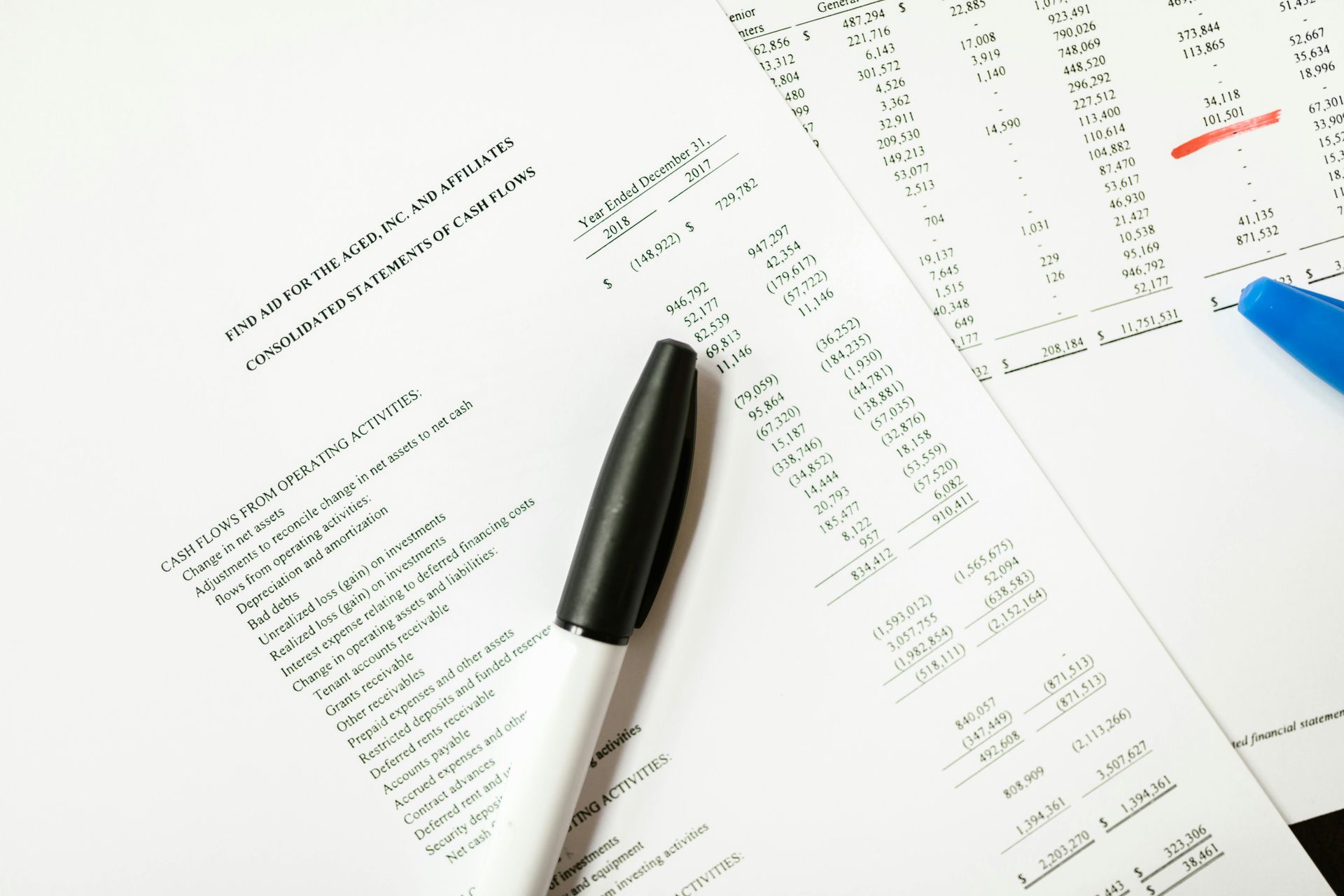WHO QUALIFIES TO FILE A TAX EXTENSION Q&A
Important Note:
An extension extends the time to file BUT NOT THE DUE DATE OF YOUR TAX PAYMENT. When an extension is filed without payment you may incur interest and penalties each month until your balance is paid. For this reason, we recommend that you pay as much as possible by the Due Date.
The following information can help us estimate Taxes Due with your Extension request:
- Amounts of Estimated Tax or other Income Tax Payments made in 2023.
- Any significant changes in income this year.
- Any other items that may affect your 2023 Tax Liability.
EXTENSION FAQS:
Who qualifies to file for a tax extension?
EVERYONE that needs to file a tax return.
When do you need to file for a tax extension?
Before April 15th (the 2023 original filing deadline).
What form do you use to file for a tax extension?
IRS Form 4868 and PA form REV-276.
If you have a filing requirement in other states, other state forms may apply as well.
Does this extend the time I have to pay my taxes?
NO, taxes are due on April 15th.
What if I don’t pay the full amount due with my extension?
- IRS Penalties accrue at 0.5% of unpaid tax each month, not to exceed 25% of unpaid tax.
- Interest accrues at the current IRS rate of 7% per year.
When is the Extended Tax Return Due Date?
Six months after the original due date, typically October 15th.
Why would I want to file a tax extension?
- To provide more time to receive and assemble tax documents.
- Is more cost effective than amending a return with inaccurate information.
- To allow for sufficient analysis and tax saving advice based on current IRS interpretation and guidance, revised tax forms and software updates.
Does an extension increase my chance of being audited?
No, the IRS selects returns to audit based on unreported items and variations from the ordinary income and deduction statistics.




